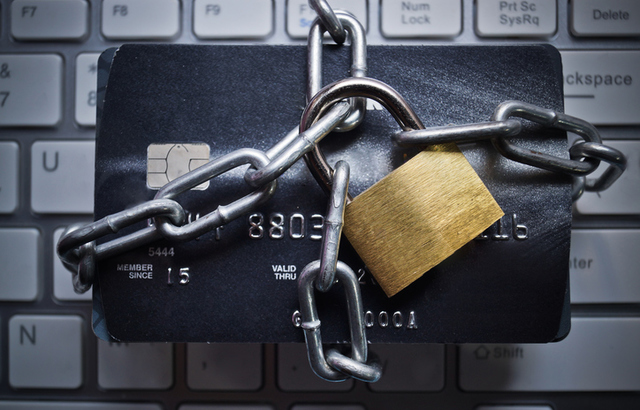When the outbreak of coronavirus started to become serious and spread across the globe, criminals exploited the situation by selling fake face masks and hand sanitiser.
Financial services scammers are no exception.
The Financial Conduct Authority (FCA) has warned the general public that fraudsters are already operating and targeting vulnerable people by exploiting their financial concerns.
“The scam activity is more nuanced and often appears after the initial shock of a major event,” the regulator said.
“With that in mind, we are urging consumers to be vigilant for scams that could appear over the coming months.
“Scammers are sophisticated, opportunistic and will try to get personal details or money from victims in many ways.
“They tend to target people who are more vulnerable or susceptible to being scammed, particularly in the current climate with many more people being at home.”
Insidious ways
There are several fraudulent tactics used by criminals that are known to the FCA, such as:
- Exploiting short-term financial concerns; scammers may ask you to hand over an upfront fee – usually between £25 and £450 ($532, €491) – when applying for a loan or credit that you never get. This is known as loan fee fraud or advance fee fraud.
- ‘Good cause’ scams. This is where investment is sought for good causes such as the production of sanitiser, manufacture of personal protection equipment (PPE) or new drugs to treat coronavirus – with scammers using the promise of high returns to entice consumers.
- Using the uncertainty around stock markets, scammers may advise you to invest or transfer existing investments into non-standard investments.
- Clone firms – firms must be authorised by the FCA to sell, promote, or advise on the sale of insurance products. Some scammers will claim to represent authorised firms to appear genuine. In particular, be aware of life insurance firms that may be cloned.
- Scammers may contact you claiming to be from a claims management company (CMC), insurance company or your credit card provider. They may say they can help you recuperate losses for the cost of a holiday or event such as a wedding cancelled due to coronavirus. They will ask you to send them some money or your bank details.
- Cold calls, emails, texts or WhatsApp messages stating that your bank is in trouble due to the coronavirus crisis, and pushing you to transfer your money to a new bank with alternative banking details.
Sit on the fence
The UK watchdog is urging people to take precautions, such as checking the FCA register and its warning list of suspicious firms.
In addition, consumers should not trust social media ads, emails or texts from unknown contacts or companies; they should also reject offers that come out of the blue and avoid making any rushed decisions.
In any situation, people should always refrain from providing personal and sensitive information, including their bank details, home address and any pension, investment or insurance product details.
Members of International Adviser’s editorial team have already been approached by a fraudster enquiring about a fake life insurance policy, and by scammers impersonating HMRC officers.








